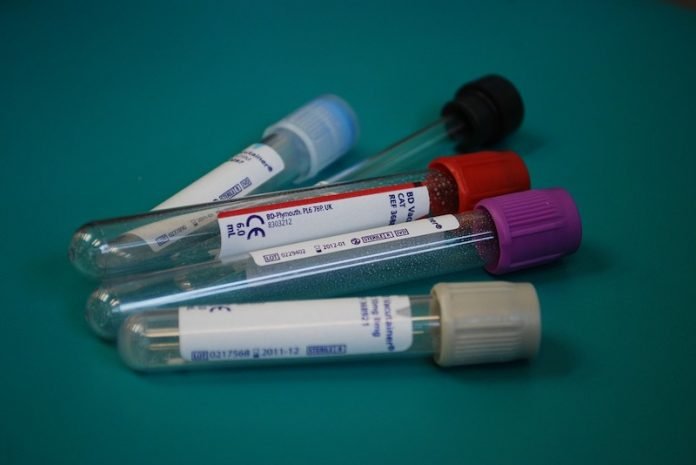
Many people fast before having blood cholesterol tests, which measure lipid levels to determine the risk of heart attack and stroke.
But recent studies have shown that it is unnecessary for most patients to fast before having bloodwork done
In a new study, researchers from Brigham and Women’s Hospital and their colleagues found robust evidence that non-fasting lipid levels were similar to fasting lipid levels in the same patients.
They found the non-fasting lipid levels could predict heart disease and stroke just as well.
In the study, the team examined fasting and nonfasting lipid levels for more than 8,000 participants were measured four weeks apart.
Patients were followed for about 3 years for heart attacks coronary heart disease, stroke, and related deaths.
The researchers found that risk links of nonfasting lipid levels with heart disease and stroke were similar to those for fasting lipid levels measured four weeks later.
When patients were not fasting, they had modestly higher triglyceride levels but similar cholesterol levels compared to when they were fasting.
The researchers explain that people spend most of their lives in a nonfasting state.
For some patients, such as elderly or diabetic patients, it can be risky to fast before lipid testing.
This study provides strong evidence that, within the same person, fasting or not before a lipid level test doesn’t matter for predicting heart disease risk.
Doctors should allow people to feel more comfortable with nonfasting lipid testing for heart disease risk assessment, including when taking a statin
The lead author of the study is Samia Mora, MD, MHS, a cardiovascular medicine specialist.
The study is published in JAMA Internal Medicine.
Copyright © 2019 Knowridge Science Report. All rights reserved.



